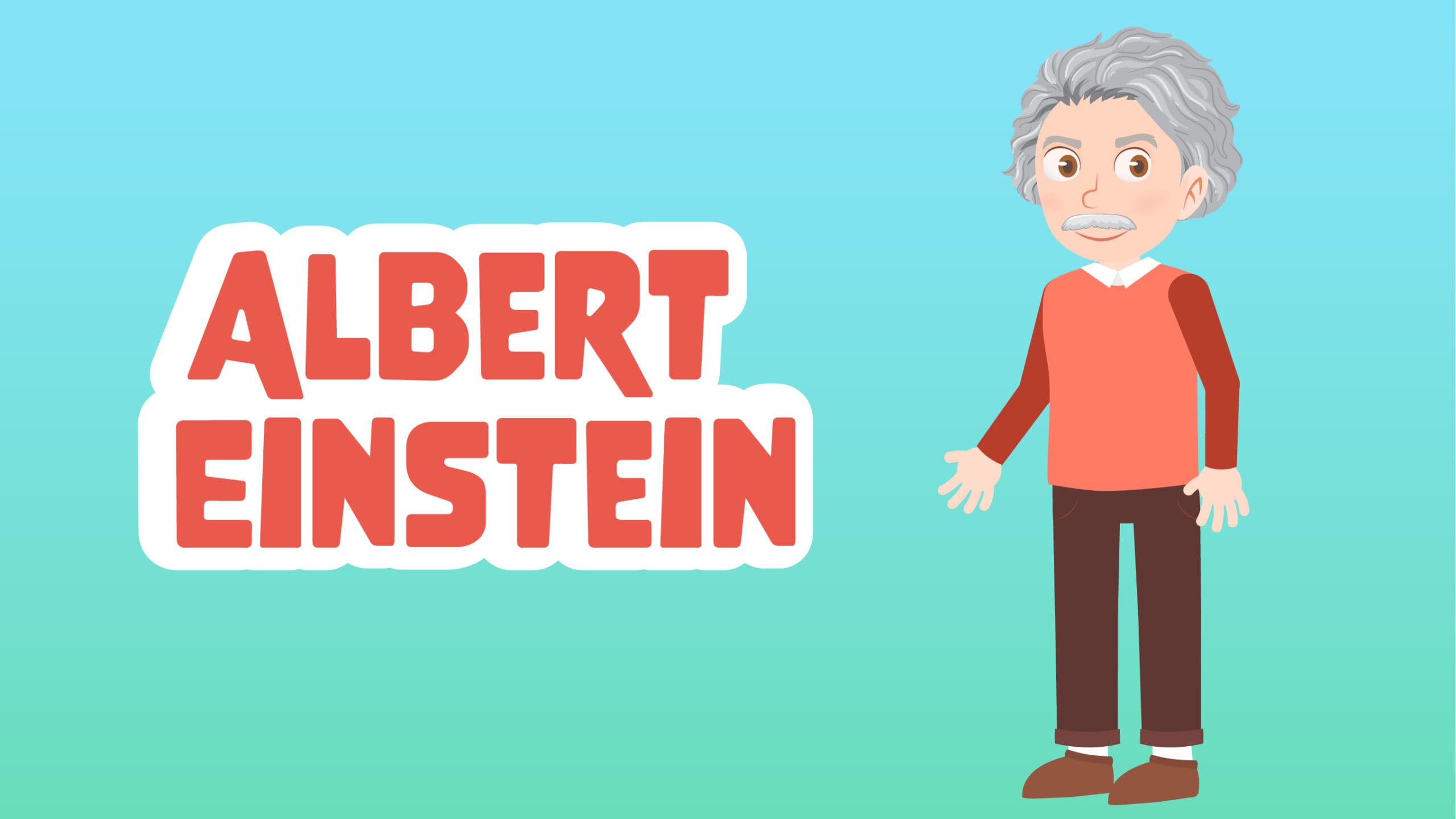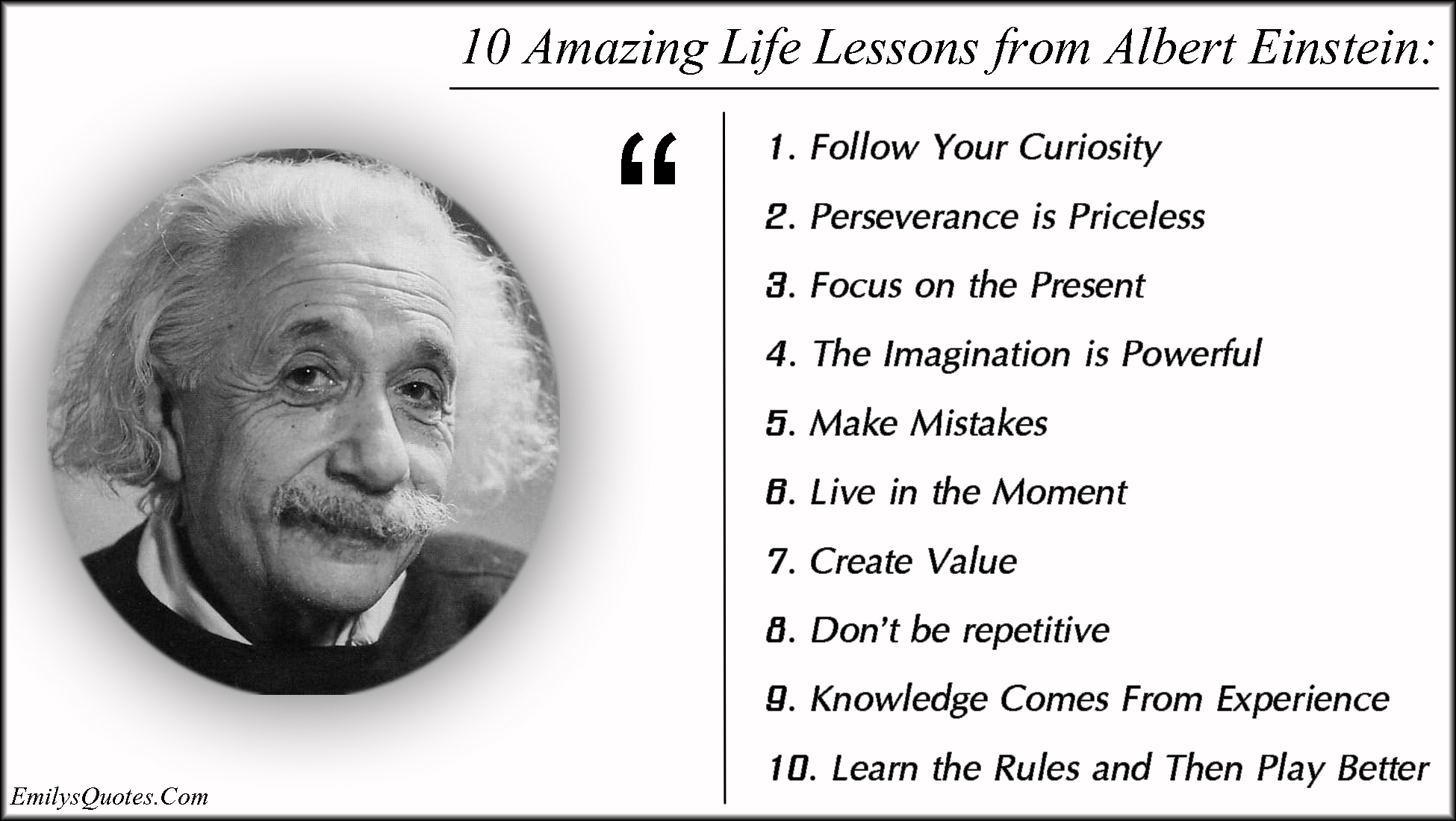When you think of a genius, one name pops up faster than you can say "theory of relativity" – Albert Einstein. This guy wasn’t just smart; he was the definition of brilliance. His achievements aren’t just random accomplishments – they’re the stuff that revolutionized science. So buckle up, because we’re about to dive deep into the world of one of history’s greatest minds.
Einstein wasn’t just some dude with a crazy hairstyle and a knack for equations. He was a game-changer, a rule-breaker, and someone who saw the world in ways no one else could. His achievements in physics didn’t just earn him a Nobel Prize; they reshaped how we understand the universe. And let’s be real, that’s not something you can say about most people.
But what exactly did Einstein achieve? How did he manage to leave such a massive footprint on the scientific world? Well, stick around because we’re about to break it down for you in a way that’s easy to digest, yet packed with all the juicy details. This ain’t your grandma’s history lesson – it’s the real deal.
- Btk Killer Drawings The Dark Art That Fascinates And Terrifies
- Bozemans Best Funeral Homes A Comprehensive Guide To Honoring Your Loved Ones
Early Life and Education: Where It All Began
Before we get into all the mind-blowing achievements, let’s rewind to the beginning. Albert Einstein was born on March 14, 1879, in Ulm, Germany. His parents were Hermann Einstein, an engineer and salesman, and Pauline Koch, a homemaker. Little did they know their kid would grow up to be a global superstar of science.
Young Albert wasn’t your typical child prodigy. In fact, he didn’t start talking until he was three years old, which had his parents worried. But don’t let that fool you – this dude was brewing big ideas even back then. By the time he was a teenager, Einstein had already taught himself calculus and mastered complex mathematical concepts. Now that’s what I call a flex!
His formal education took him through schools in Germany and Switzerland, where he eventually earned his PhD in physics from the University of Zurich in 1905. And if you think 1905 was just another year, think again. It was Einstein’s "annus mirabilis" or "miracle year," where he published four groundbreaking papers that would change science forever.
- Rose Cameron Actor Rising Star In The Entertainment World
- Alvin Isd Calendar 2425 Your Ultimate Guide To The School Year
Biography of Albert Einstein: A Quick Glimpse
Key Facts About Einstein’s Life
Here’s a quick rundown of some key facts about the man behind the achievements:
- Born: March 14, 1879, Ulm, Germany
- Died: April 18, 1955, Princeton, New Jersey, USA
- Education: Swiss Federal Polytechnic (ETH Zurich), University of Zurich
- Professions: Physicist, Philosopher, Author
- Famous For: Theory of Relativity, E=mc², Nobel Prize in Physics
Einstein’s Personal Life
Let’s not forget that Einstein was human too. He married Mileva Marić in 1903, and they had three children together. But life wasn’t all smooth sailing – they divorced in 1919, and Einstein later remarried his cousin Elsa Einstein. Family drama aside, Einstein was known for his love of music, playing the violin, and his passion for sailing. This dude was more than just a brainiac – he had hobbies too!
Achievement of Albert Einstein: The Big Breakthroughs
1905: The Miracle Year
1905 was a game-changer for Einstein. In this single year, he published four papers that would redefine physics. Let’s break them down:
- Photoelectric Effect: Einstein explained how light behaves both as particles and waves, laying the foundation for quantum mechanics.
- Brownian Motion: He provided a statistical explanation for the random movement of particles in fluids, proving the existence of atoms.
- Special Theory of Relativity: This one’s a biggie. It introduced the idea that space and time are interconnected, leading to the famous equation E=mc².
- Mass-Energy Equivalence: This equation showed that mass and energy are interchangeable, paving the way for nuclear energy.
And just like that, Einstein went from being an unknown patent clerk to a scientific superstar.
The Theory of Relativity: A Game-Changer
Special Relativity vs. General Relativity
Einstein’s theory of relativity is often split into two parts: special and general. Special relativity, published in 1905, focused on objects moving at constant speeds, particularly those close to the speed of light. It introduced the idea that time isn’t absolute – it can stretch and compress depending on how fast you’re moving.
General relativity, published in 1915, took things a step further. It explained gravity not as a force, but as a curvature of spacetime caused by massive objects like planets and stars. This theory was confirmed during a solar eclipse in 1919, when astronomers observed light bending around the sun – exactly as Einstein had predicted.
Einstein’s Contributions to Quantum Mechanics
Quantum Theory and the Photoelectric Effect
While Einstein is most famous for relativity, his contributions to quantum mechanics were equally groundbreaking. His explanation of the photoelectric effect earned him the Nobel Prize in Physics in 1921. This work showed that light isn’t just a wave – it’s made up of tiny packets of energy called photons.
Einstein’s ideas about quantum mechanics weren’t always popular. He famously clashed with other physicists like Niels Bohr, famously saying, "God does not play dice with the universe." But despite his skepticism, his work laid the foundation for modern quantum theory.
Other Achievements of Albert Einstein
Einstein’s Influence Beyond Physics
Einstein wasn’t just a physicist – he was a philosopher, a humanitarian, and a political activist. He used his platform to speak out on issues like pacifism, civil rights, and nuclear disarmament. During World War II, he even wrote a letter to President Roosevelt warning about the dangers of nuclear weapons, which led to the development of the Manhattan Project.
But let’s not forget his contributions to technology. Einstein’s theories have practical applications in everything from GPS systems to medical imaging. Without him, we might not have the tech we rely on today.
The Legacy of Albert Einstein
How Einstein Changed the World
Einstein’s achievements didn’t just change science – they changed the world. His theories revolutionized our understanding of the universe, paving the way for discoveries like black holes, gravitational waves, and the Big Bang theory. But his impact goes beyond science. He became a symbol of intellectual curiosity and creativity, inspiring generations of scientists, thinkers, and dreamers.
Challenges Faced by Einstein
Overcoming Obstacles
Einstein’s journey wasn’t all sunshine and rainbows. He faced criticism, skepticism, and even persecution. As a Jew living in Nazi Germany, he was forced to flee to the United States in the 1930s. But through it all, he remained committed to his work and his principles. His resilience and determination are as inspiring as his scientific achievements.
Fun Facts About Albert Einstein
Did You Know?
Here are a few fun facts about Einstein that might surprise you:
- He had a lifelong love of music and played the violin until his 70s.
- He once turned down the presidency of Israel because he didn’t think he was qualified.
- His brain was removed and studied after his death, but scientists still can’t fully explain his genius.
- He was a bit of a prankster and loved telling jokes to his friends.
Conclusion: Why Einstein’s Achievements Matter Today
So there you have it – the incredible achievements of Albert Einstein in a nutshell. From his groundbreaking theories to his humanitarian efforts, Einstein left an indelible mark on the world. His work continues to inspire scientists, thinkers, and dreamers around the globe.
But here’s the thing: Einstein’s legacy isn’t just about the science. It’s about curiosity, creativity, and the pursuit of knowledge. In a world that’s constantly changing, his story reminds us that anything is possible if we dare to dream big.
So what do you think? Are you inspired to learn more about science? Or maybe you’re ready to tackle a big challenge of your own. Whatever it is, don’t forget to thank Albert Einstein for paving the way. And hey, if you liked this article, why not share it with a friend? After all, knowledge is meant to be shared!
Table of Contents
Early Life and Education
Biography of Albert Einstein
1905: The Miracle Year
The Theory of Relativity
Einstein’s Contributions to Quantum Mechanics
Other Achievements of Albert Einstein
The Legacy of Albert Einstein
Challenges Faced by Einstein
Fun Facts About Albert Einstein
Conclusion
- Sarah Pender Boyfriend The Inside Scoop Youve Been Waiting For
- Nashville Guy With Brain Exposed The Shocking Story You Need To Know


